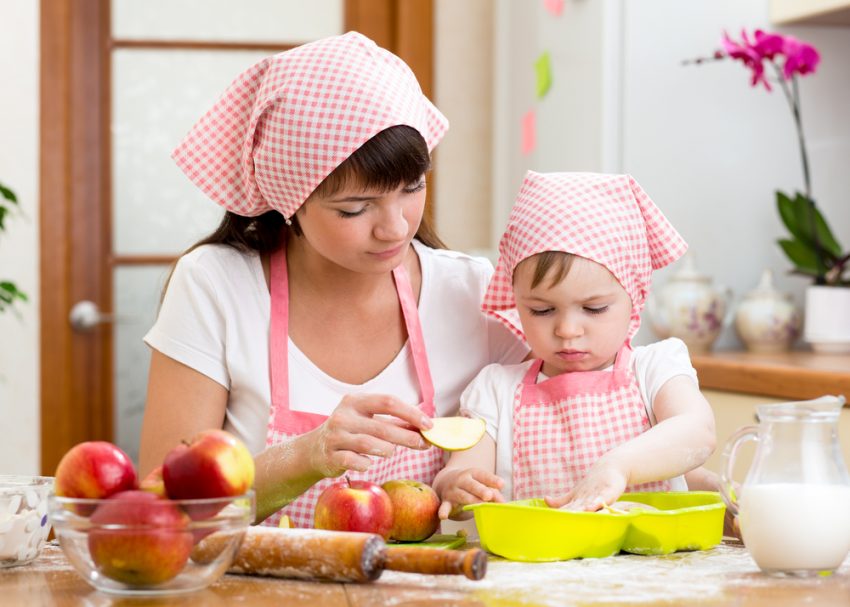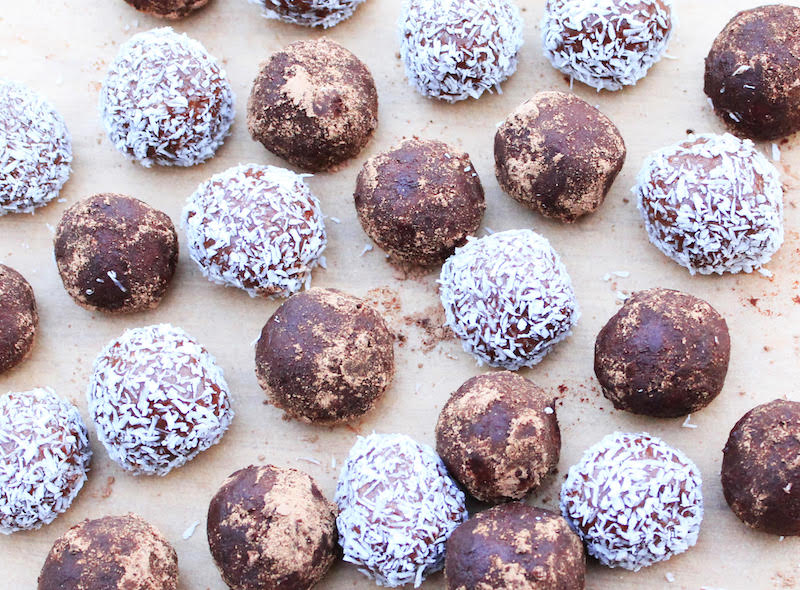Teaching children how to cook is a great way of developing skills they can apply throughout their life without the help of their elders.
Cooking is one way to teach children math and reading. By following instructions from recipes, they are able to identify numbers and read through ingredients. Helping them put a meal together is one way of teaching them the art and science of cooking at the same time.
Preschoolers who are learning how to cook could also help them build basic skills. This may include counting, vocabulary building and following step-by-step procedures in the execution of a recipe. Counting is learned by counting ingredients, like eggs or measuring flour (or other ingredients) through cups and spoons. Vocabulary is enhanced with the introduction of different ingredients in the recipe or dish.
For youngsters, like preschoolers or grade schoolers, simple tasks that you could make them do include: stirring pancake batter, tearing lettuce leaves for salads or sandwiches, adding and mixing ingredients in a bowl, putting pizza toppings together and helping you read through the recipe cookbook together. The tasks for preschoolers should be simply because they are still learning the basics. Later you could make them handle more complicated or bigger tasks once they are older. We should explain to them that we need to practice extreme caution being in the kitchen while using the tools and utensils. As they grow older, then we can slowly teach them a more complex task.
Cooking also enhances a child’s adventurous palate. Once a child is introduced to a certain recipe, they may like it or not. However, telling them of the benefits of each recipe could be an answer to making them like a particular food even if does not taste as they want it to be. Making them explore with their senses could also be a way for them to find satisfaction in the scents or aroma of what’s cooking or if their eyes find the dish appealing or not.
Lift your child’s confidence after they have helped out in the kitchen. This could even just be with small tasks like mixing, peeling or even just assembling a dish on the plate. Praise their efforts even if the result of the simple experiment is not so great. Once they learn to discern the difference of using too much of a particular ingredient and why there should be less of another, they will be able to create dishes which will be nutritious and healthy. It’s a hands-on real-life science that they should learn early on to keep themselves healthy. Somehow, it needs a considerable amount of patience and love for cooking to make it perfect.
This will also help them be independent and try new things. A child will be able to prepare simple recipes by themselves and feel good about it. With all the activities they do every day, they feel hungry most of the time. So interest them to prepare a snack by themselves like a simple sandwich or a fruit bowl. They can prepare for the whole family that you all can share.
Cooking is a great way to also have fun with your kids and an opportunity to spend quality time with them and connect. Ask them how they feel about cooking and being in the kitchen, you will be surprised on how kids can be so curious on a lot of things and how they can be excited on discovering new things. Be prepared because this will be messy but think about it, this will be one of those things that they will remember and cherish in their lives.
You may also like to read:









